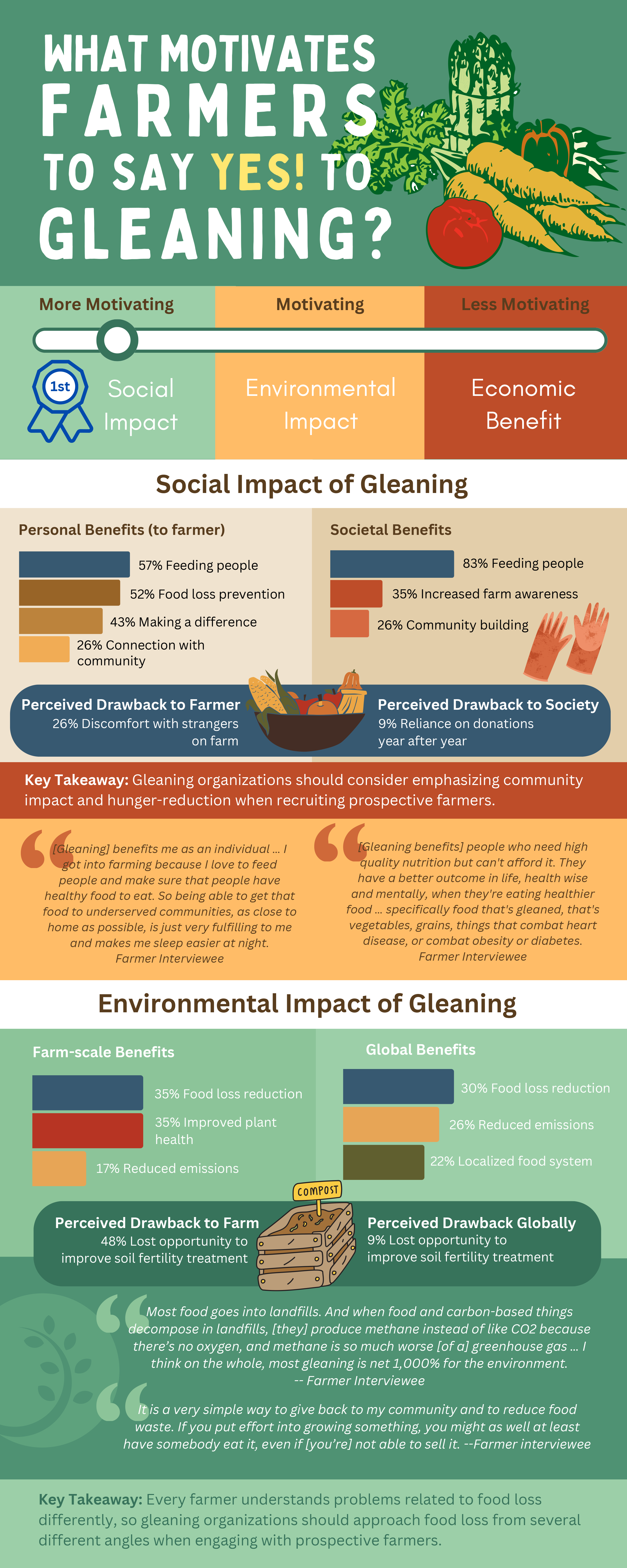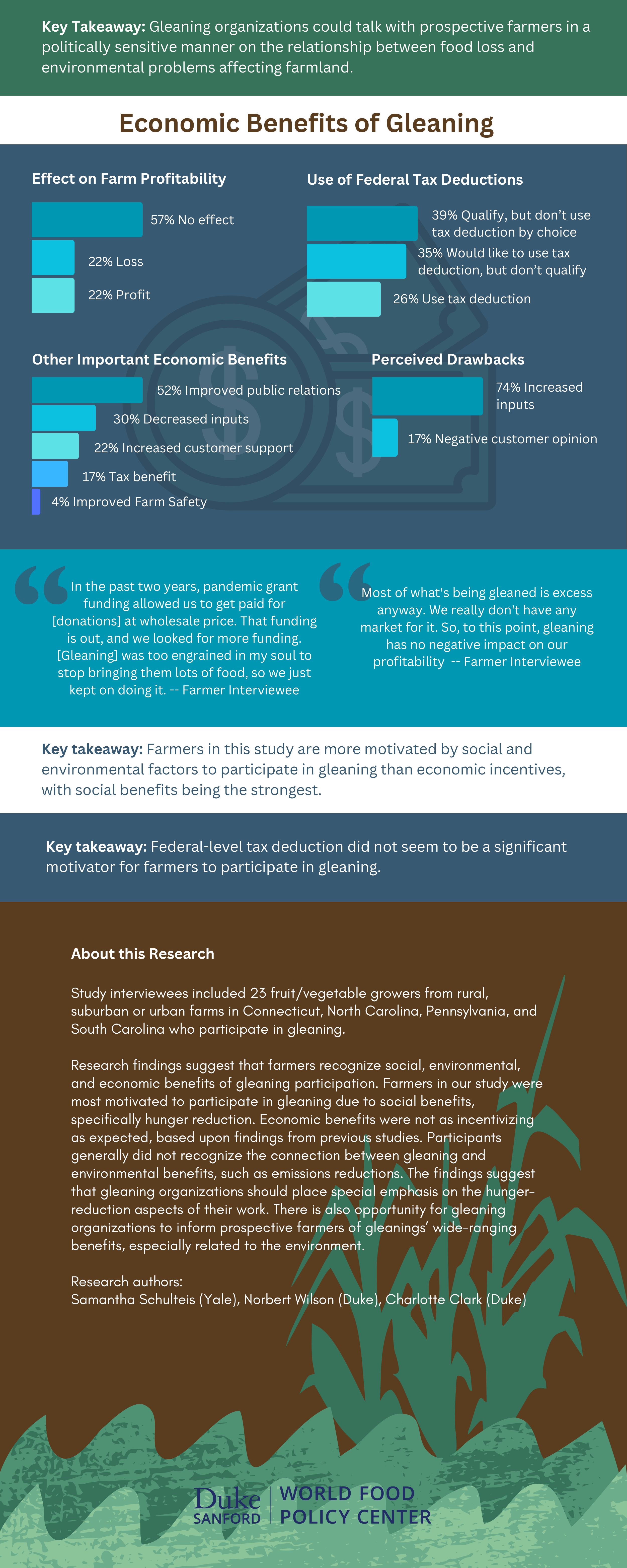Floods, droughts, storms, sea-level rise, changing rainfall and rising temperatures intensify the fragility and vulnerability of communities, particularly in the developing world. Some will adapt by migrating. Others may become trapped, lacking the resources to move.
Communities can adapt to climate threats while remaining in place if they have opportunities to build resilience. However, the United Nations (UN) estimates that more than $200 billion is needed annually to support developing countries’ adaptation to climate change. Current global aid covers less than one-tenth of that sum.
Join us in exploring this challenge—and potential solutions—on September 19-20, 2024, at a Duke Climate Collaboration Symposium hosted by the Duke Program on Climate, Resilience, and Mobility; the Duke Office of Global Affairs; and the Duke Climate Commitment.
The symposium opens on Thursday, September 19, with a keynote address by Indermit Gill (Chief Economist, World Bank Group) and a panel focused on building resilience to climate change and the likely effects of these efforts on human mobility. The expert panelists will also discuss the potential for collaboration between NGOs, IGOs, government agencies, think tanks and academic researchers to enhance the knowledge frontier and improve policy response on these issues.
Panelists include Laurie Ashley (Climate Adaptation and Resilience Advisor, Center for Resilience, USAID Bureau for Resilience, Environment and Food Security), Nicole Franz (Equitable Livelihoods Team Leader, Fisheries and Aquaculture Division, Food and Agriculture Organization of the UN), Christian Lara (Strategic Planning Officer and Head of Resident Coordinator Office, UN), Marie McAuliffe (Head, Migration Research and Publications Division, International Organization for Migration) and Marie-Soleil Turmel (Science Advisor, Latin America and Caribbean Region, Catholic Relief Services).
The symposium continues with an invitation-only workshop on Friday, September 20, to further explore partnerships between researchers at Duke and non-academic organizations on topics at the intersection of climate change, migration and resilience.
The symposium is the third of the Duke Climate Collaboration Symposia, a series of convenings designed to accelerate climate solutions by developing new collaborations among Duke scholars and external partners. Each symposium focuses on identifying opportunities for Duke University to make the most of its interdisciplinary expertise and convening power for meaningful impact on climate challenges.
The series is funded by a gift from The Duke Endowment in support of the Duke Climate Commitment, which unites the university’s education, research, operations and public service missions to address climate challenges.











